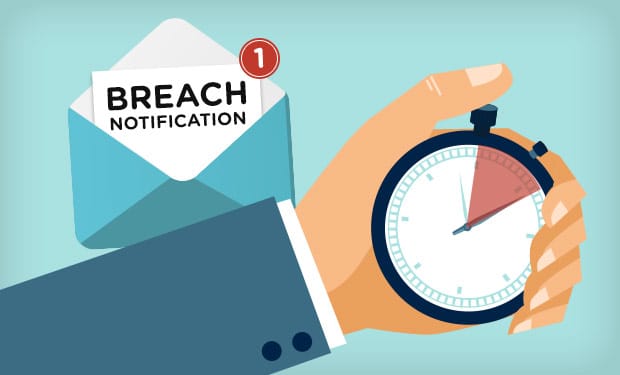Navigating Data Breach Notifications: Legal Obligations Unveiled

Introduction
In an era dominated by digital interactions, the importance of safeguarding sensitive information is paramount. Data breaches pose significant threats, leading to the establishment of data breach notification laws. This article explores the intricacies of these laws, shedding light on the legal obligations organizations face when a breach occurs.
Understanding Data Breach Notification Laws
Data breach notification laws mandate that organizations inform individuals, regulatory authorities, and other stakeholders when a security incident compromises personal or sensitive information. The specifics of these laws vary across jurisdictions, but their common goal is to enhance transparency and empower individuals to take necessary actions in the aftermath of a breach.
Legal Landscape and Varied Regulations
The legal landscape for data breach notifications is multifaceted, with different countries and regions implementing their own set of regulations. For example, the European Union’s General Data Protection Regulation (GDPR) has specific requirements, while in the United States, individual states have enacted their own breach notification laws. Navigating this complex terrain requires a nuanced understanding of regional regulations.
Timely Notification Obligations
One crucial aspect of data breach notification laws is the requirement for timely notifications. Organizations are typically obligated to report a breach promptly upon its discovery. The definition of “prompt” varies, but the overarching principle is to provide affected parties with sufficient time to take preventive measures and protect themselves from potential harm.
Scope of Personal Information and Breach Triggers
Data breach notification laws often define the scope of personal information that triggers notification obligations. This can include anything from names and addresses to more sensitive data like social security numbers or financial details. Understanding what constitutes a breach trigger is essential for organizations to assess whether notification is necessary.
Recipient of Notifications: Individuals and Regulatory Authorities
Organizations affected by a data breach must notify the individuals whose information has been compromised. Additionally, many data breach notification laws require reporting the incident to relevant regulatory authorities. This dual-notification system serves the dual purpose of informing affected parties and enabling regulatory bodies to oversee compliance and assess the scope of the breach.
Challenges in Compliance
While the intention behind data breach notification laws is commendable, organizations often face challenges in achieving full compliance. Determining the scope of a breach, identifying affected individuals, and navigating the intricate web of legal requirements can be daunting. Establishing robust incident response plans is crucial to overcoming these challenges and ensuring prompt and accurate notifications.
Penalties for Non-Compliance
Non-compliance with data breach notification laws can result in severe consequences. Organizations may face fines, legal actions, and reputational damage. The financial and legal ramifications underscore the importance of investing in proactive measures to prevent breaches and having effective response plans in place.
Global Perspectives on Data Breach Notifications
As businesses operate on a global scale, understanding the nuances of data breach notification laws worldwide becomes imperative. Harmonizing practices to comply with various regulations is a complex task, requiring a comprehensive approach that considers regional differences while maintaining a unified commitment to data protection.
Staying Informed: Resources on Data Breach Notification Laws
To delve deeper into the world of data breach notification laws, explore resources at Data Breach Notification Laws. This platform provides valuable insights, updates, and resources, serving as a guide for organizations seeking to navigate the intricate landscape of data breach notifications.
Conclusion
In a digital age where information is a valuable currency, data breach notification laws play a pivotal role in mitigating the impact of security incidents. Organizations must prioritize compliance, invest in robust cybersecurity measures, and stay informed about evolving regulations to navigate the complex and ever-changing landscape of data breach notification laws successfully.







